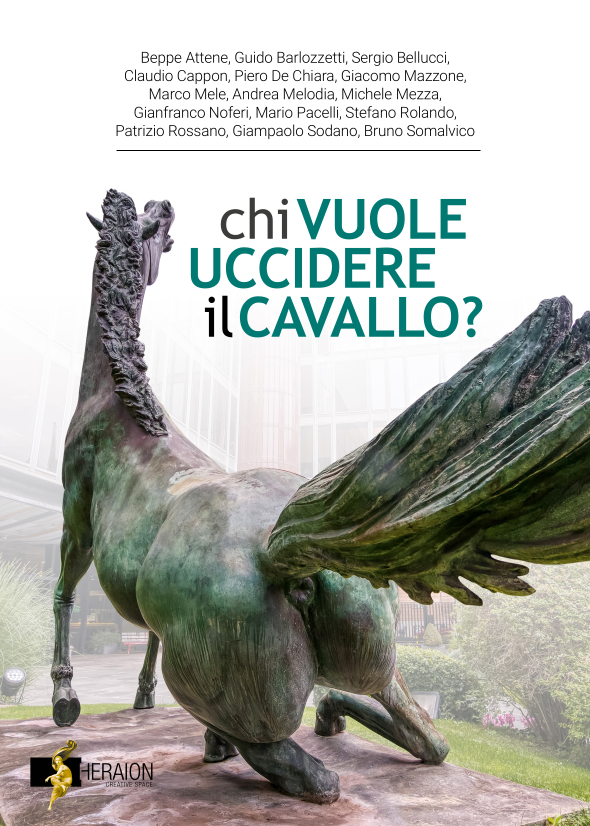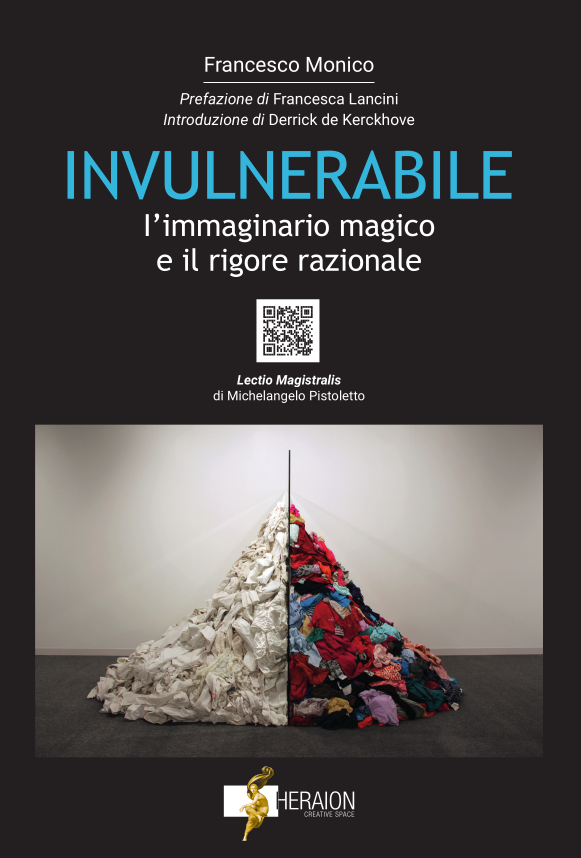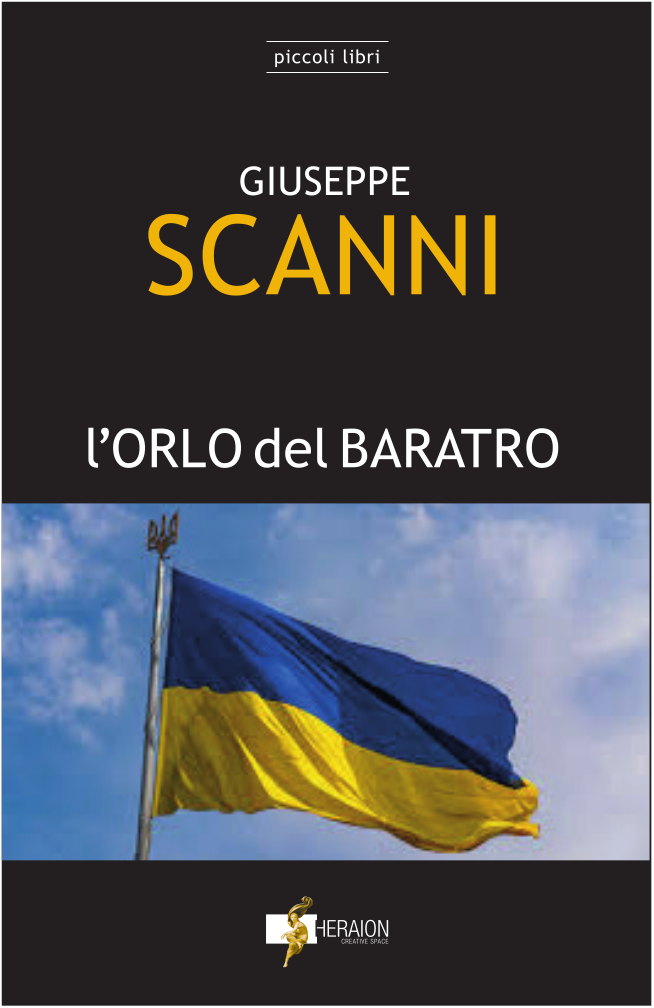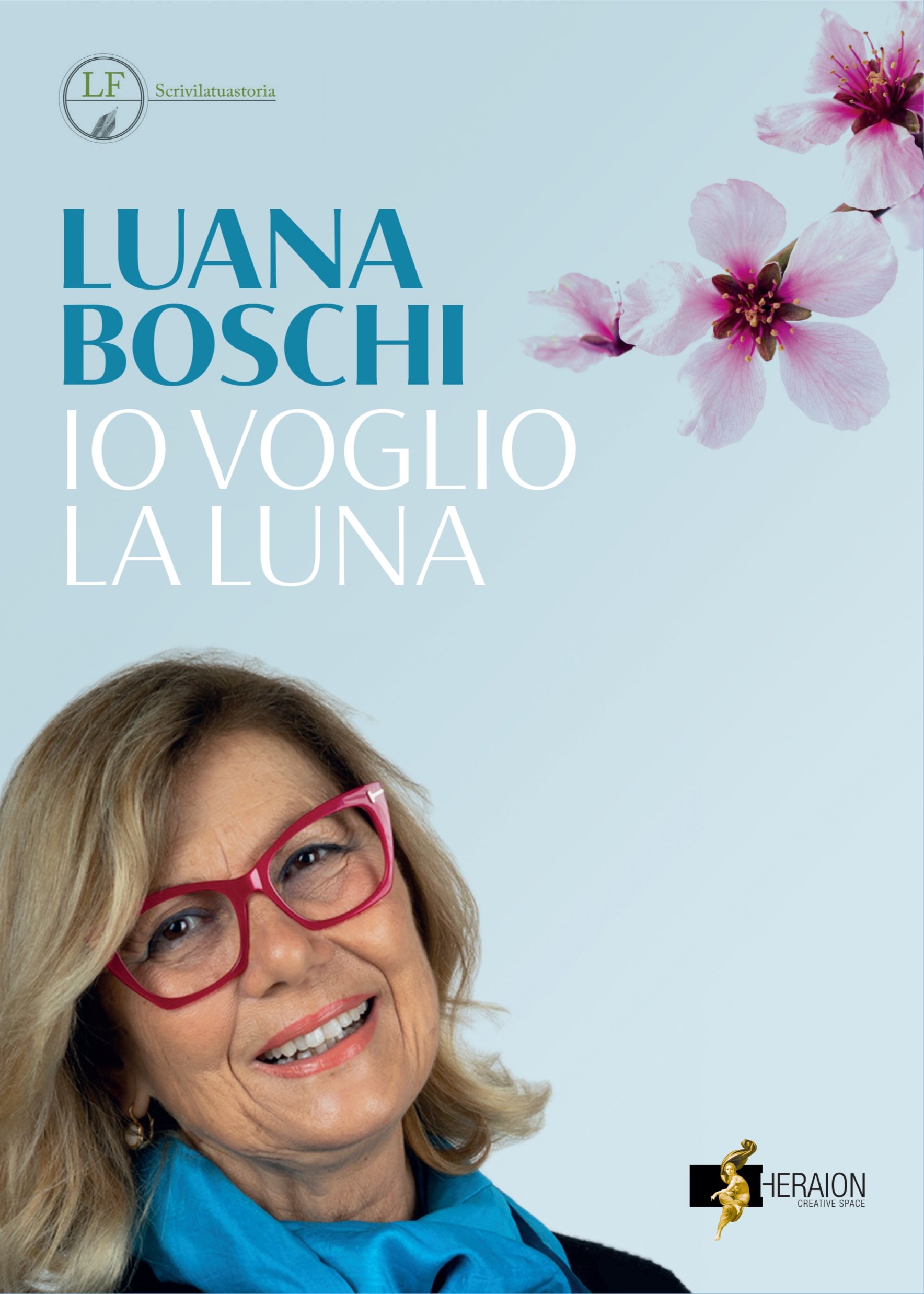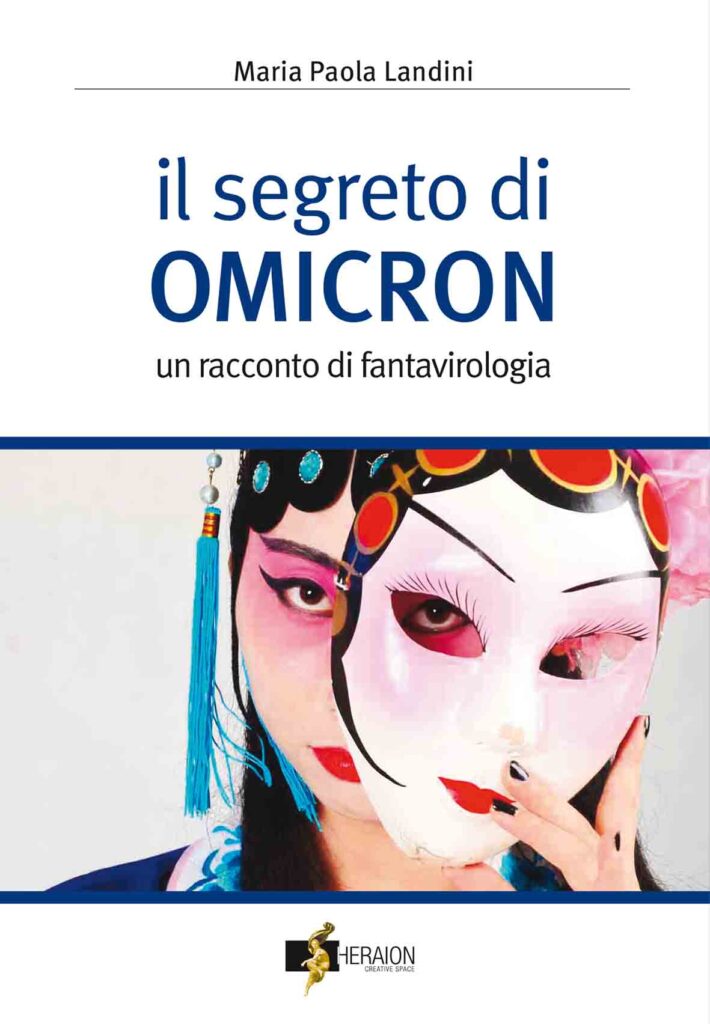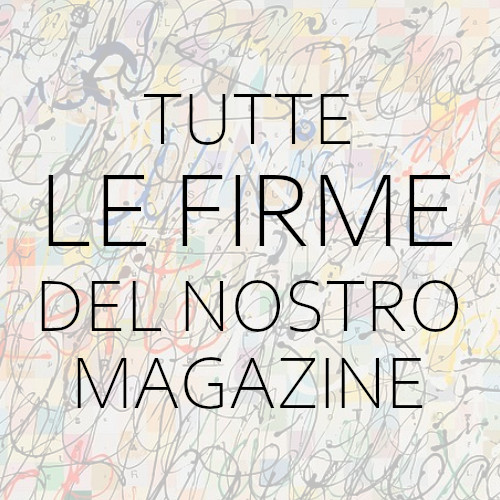THE WESTERN POLITICAL THOUGHT
Abstract: La storia politica di Roma antica si differenzia notevolmente da quella della Grecia. Nel 509 a.C., Roma passò dalla monarchia alla repubblica oligarchica, con il Senato come principale organo di potere, formato dai capi delle famiglie nobili. Il Senato esercitava due tipi di autorità: auctoritas, un potere morale basato sulla tradizione, e potestas, il potere politico effettivo. La grande eredità di Roma risiede nel suo sistema legale, che ha ispirato profondamente il diritto moderno, distinguendo tra ius publicum (leggi pubbliche) e ius privatum (rapporti privati). La filosofia del diritto romano è influenzata dallo storico Polibio, che considerava la costituzione romana un “governo misto” che bilancia diverse forme di potere. Marco Tullio Cicerone contribuì in modo significativo al pensiero politico romano, sostenendo che la legge è una sintesi tra giustizia ideale e comando pratico. Contrariamente ad Aristotele, Cicerone vedeva la legge, non l’amicizia, come il fondamento della vita pubblica, con il potere come meccanismo di applicazione. Giustiniano, infine, riformò il diritto romano con il Corpus Iuris Civilis, consolidando l’influenza duratura del diritto romano nel mondo medievale e moderno.
The political history of ancient Rome diverges significantly from that of ancient Greece. In 509 BC, Rome transitioned from monarchy to an oligarchic republic after expelling King Tarquinius Superbus. This new form of government was primarily controlled by the Senate, which comprised the heads of noble families. The Senate became the pinnacle of the patrician class’s political career, whose members, known as equites (knights), enjoyed distinct legal and economic privileges compared to the plebeians.
The Senate wielded two main types of authority. Auctoritas was a moral and advisory power, rooted in tradition and the wisdom of its members, which guided the people. Potestas referred to the Senate’s actual political power to govern the daily affairs of the state. While the Senate played a crucial role during the republican era, its influence diminished in the imperial age, where it retained only a ceremonial presence within the empire’s broader institutional framework.
Rome’s major contribution to the history of politics lay in its sophisticated and efficient legal system, which has served as an enduring model for legal order throughout history. Roman law established a distinction between ius publicum and ius privatum. Ius publicum pertained to the governance of the city and laws applicable to all citizens, while ius privatum dealt with the rules regulating private relationships, ensuring they did not disrupt public order.
Over centuries, Roman law evolved, and in 533 AD, Emperor Justinian compiled and codified the legal principles in the Digest, a collection of the most important legal writings from classical jurists. This compilation became a foundational text for modern legal institutions and played a crucial role in shaping the Civil law tradition. It also served as a key educational tool for intellectuals in medieval and modern universities across Europe, forming the basis for legal education and practice in the civil law system still in use today.
The philosophical foundations of Roman law can be traced back to the historian Polybius (200–118 BC), of Greek origin, who in his Histories chronicled the political events of Rome from 264 to 146 BC. Drawing on Aristotelian principles, Polybius analysed the coexistence of different forms of government that shaped the Roman Republic. His greatest insight was recognizing that history is the key to understanding political activity. Unlike idealized models of government—monarchy, aristocracy, or republic—or their corruptions (tyranny, oligarchy, and demagogy), Polybius argued that Rome’s constitution was a “mixed” government, combining elements of various systems to create a balance of power. He observed that the transition between forms of government followed a natural cycle of degeneration, where political systems erode over time, leading to the adoption of new forms with different political bases.
The most comprehensive expression of Roman political thought, however, comes from Marcus Tullius Cicero (106 BC–43 BC). In his work Respublica, Cicero sought to bridge political action and the philosophical wisdom accumulated over centuries. He emphasized that law is not just a matter of abstract justice (iustum) but also of practical legality (iussum)—law represents the synthesis of the ideal of justice and the reality of legal command. Cicero’s contributions centered on the belief that law should reflect moral principles while also functioning as an effective tool for governance, blending philosophical ideals with pragmatic political commitments.
Cicero’s thought thus helped establish a framework for understanding law as both a reflection of justice and a necessary foundation for the order of the state, influencing the development of Roman law and its enduring legacy in legal systems throughout history.
Contrary to Aristotle’s view, where philia (friendship) is the foundation of public life, Cicero argued that public life is primarily governed by law, which is essentially coercive and represents the real power of those in authority. Law and power—two sides of the same coin—define the structure of political life and its hierarchies: law represents the norms that must be followed, while power is the mechanism through which the law is enforced.
Cicero viewed law as a reflection of a higher law, the law of nature, which directly embodies justice. However, in the context of the Respublica, justice takes on a pragmatic dimension, defined as fidelity to agreements and the fulfilment of obligations. For Cicero, as for Polybius, the authority of the law is rooted in historical tradition, particularly in usus (custom) and the traditions of the Senate. The Senate’s role was crucial in preventing the potential pitfalls of a government dominated solely by assembly rule, safeguarding the balance and continuity of the Roman political system.
Both thinkers were deeply influenced by Greek legal and political culture. While Greece had been conquered militarily by Rome, its political institutions, philosophical traditions, and legal thought effectively “reconquered” Rome through their intellectual influence. This influence persisted as Epicureanism and Stoicism, the dominant philosophical schools in Rome, also drew heavily from Greek thought, shaping Roman intellectual and political life for centuries.
Justinian the Great
Emperor Justinian, like his predecessors, sought to create legislation that addressed the needs of his time while staying faithful to Roman legal tradition, positioning his reforms as the culmination of classical Roman jurisprudence. The monumental task of compiling this body of law led to the creation of the Corpus Iuris Civilis, initiated under Justinian and his minister Tribonian.
In 528 AD, Justinian appointed a committee to compile a new legal code that condensed the vast body of ancient Roman legal knowledge, providing a stable foundation for the empire’s governance. This work was completed rapidly, and the code was officially published on 7 April 529 AD. Shortly after, in 530 AD, Justinian commissioned the Digesta or Pandectae, a compilation of excerpts from the works of renowned Roman jurists who held the ius respondendi, offering authoritative interpretations necessary for a comprehensive understanding of Roman law.
In addition, Justinian sought to reform legal education by commissioning a new elementary law treatise for students, replacing the older Institutions of Gaius. While Justinian’s original code has not survived, the Codex Repetitae Praelectionis (or Novus Iustinianus Codex)—a revised version of the first code—has reached us and reflects his ongoing commitment to legal reform.
Beyond these compilations, Justinian also issued numerous independent legal decrees, further expanding and adapting Roman law to meet contemporary challenges. His legal reforms not only solidified the Roman legal system in his time but also profoundly influenced the development of law in medieval Europe and beyond.
SEGNALIAMO
-
IL MONDO NUOVO PRESENTA “LA DIPLOMAZIA DELL’ARROGANZA”

Redazione Iniziamo dal titolo del libro presentato giovedì 15 nella sede di Roma della Banca Mediolanum, “La diplomazia dell’arroganza”. E’ diplomazia dell’arroganza definire idioti o deficienti i propri avversari o dichiarare che gli interlocutori di un capo di Stato per ottenere ascolto devono baciargli il deretano? E veniamo al contenuto del libro. Un volume di…
-
ATTACCO AL MATTONE DI STATO

Parte da Bologna l’attacco al mattone di Stato. Che succede se Inps e Invimit vendono come di pregio case che al catasto risultano solo di civile abitazione? di Daniela Delvecchio e Salvatore Sechi Stefano Scalera, dirigente del demanio ed ora Ceo di Invimit, ha predisposto un grande piano di investimenti e di vendite del patrimonio…
-
CIVISMO: UN EXCURSUS DI CONTRIBUTI

di Giorgio Fiorentini La ricerca dei contributi di vari autori sul tema del Civismo è come un viaggio: il paesaggio è abbastanza uniforme cioè quasi tutti gli studiosi caratterizzano il civismo con la partecipazione, la democrazia allargata e stabile, la cittadinanza attiva. Per vedere le piccole e calligrafiche differenze bisognerebbe fermarsi in ogni cittadina, paese e…
-
NUOVO CIRCOLO MATTEOTTI

di Franco D’Alfonso L’interesse e le perplessità suscitate dall’iniziativa presa singolarmente e non come partito dai cosiddetti “riformisti” del Pd, di Azione, Italia Viva, Civici e +Europa a Milano, con la costituzione del “Circolo Matteotti – Dare” tra attivisti ed elettori civici non legati ai partiti, meritano qualche parola di chiarimento. Il “74simo inutile tentativo…
-
ANNIVERSARI EUROPEI

Podcast n. 143 di Stefano Rolando La memoria è stimolo. Ma per riprendere ora il cammino servono (insieme) politica, popolo, leadership, analisi, progetto e tensione al futuro. A margine di un convegno sui 40 anni dal Consiglio europeo a Milano nel 1985. Versione a scritta: https://stefanorolando.it/?p=10627 Versione audio:
-
DOVE STA ANDANDO L’ITALIA?

di Andrea Attilio Grilli Il 9 maggio 2025 a Kiev si è consumata la disastrosa politica estera del governo Meloni. Eppure, era proprio in politica estera che il governo di centro destra si stava salvando, dopo due anni di gestione della politica interna insapore e incolore. Nel 2022 quando la Russia aveva invaso l’Ucraina il…
-
I GATTOPARDI DELL’OCCIDENTE

di Mirko Bettozzi La rielezione di Donald Trump a presidente degli Stati Uniti ha ridefinito alcuni aspetti della politica mondiale. Dazi, trattative con la Russia per la pace in Ucraina, progetti per trasformare Gaza nella “Riviera del Medio Oriente”, sono i cavalli di battaglia urlati a gran voce da Trump, abile nel trovare slogan utili…






